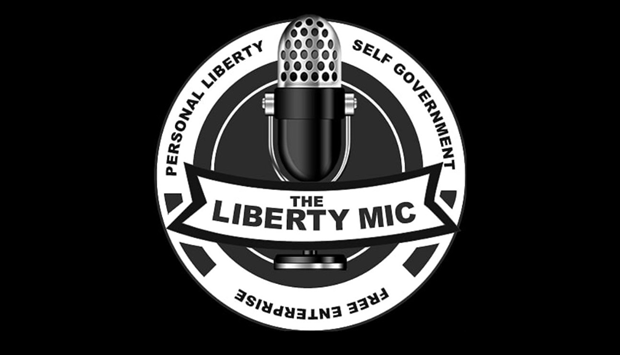We start with war stories and proceed to address the “Broken Window Fallacy”. We briefly discuss the US Supreme Court’s purpose, limitations and expectations and break or inflate the hearts of all Americans. We finish on a reasonable criticism of local law enforcement.
Pallets of Cash
063: PALLETS OF CASH; September 11, 2020 (1:03:24)
Within these pages you’ll find our review of the RNC speeches, from malarkey memes to the less hawkish performances and propaganda. So take a knee as you salute the flag and enjoy the show.
Profoundly Decent
We took a break at the wrong time. We run a little long trying to catch up; but we cover the DNC speeches, a little foreign policy, some shootings and terrible media.
Education in the Time of Covid
Are you prepared to lead your children though duck-and-cover drills at home? Also, the Democrat VP has finally been announced.
